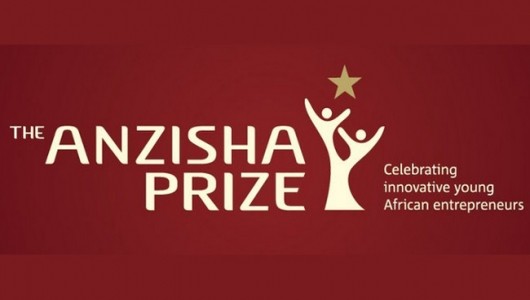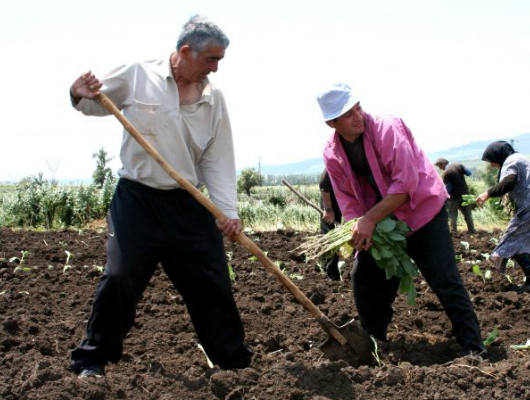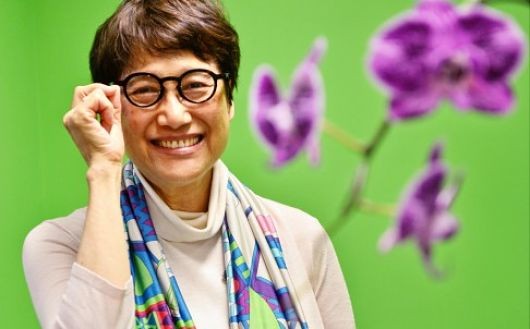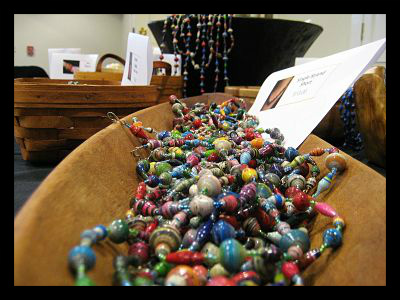
In Africa, women entrepreneurs are rare. They struggle to obtain loans from banks and do not receive the same educational opportunities as their male counterparts because of traditional views that the role of women is in the home.
A disproportionate percentage of women applied to the Anzisha Prize this year— only 27%. The Anzisha prize provides young entrepreneurs with funding.
However, Rwanda defied this norm in 2015 as 60% of applicants to the Anzisha prize in Rwanda were women this year.
This reflects Rwanda’s recent efforts to empower women. In 1994, Rwanda experienced a devastating genocide; 70% of the population was female. Today, Rwanda still has a higher percentage of women in their population. For this reason, President Paul Kagame has implemented initiatives to support women in business, education and politics.
Of note, Rwanda’s parliament has more women than men. “It is exciting to see Rwanda take such progressive steps. Women empowerment has considerable benefits for any economy’s growth and development, and we hope that other African countries follow Rwanda’s example,” explained Grace Kalisha, senior program manager at the African Leadership Academy to How We Made it In Africa.
Four outstanding female Rwandan applicants to the Anzisha Prize, including Gisele Iradukunda, Henriette Dukunde, Alice Igiraneza and Nancy Sibo are featured below.
Radio Stations in Bus Stops
Twenty-year-old Gisele Iradukunda founded Radio Gare Project, a company that installs radio speakers in bus stations to communicate important messages to commuters.
Iradukunda realized bus companies would pay to have a radio system installed so they can provide information to bus users. Other companies can advertise their products to a large group of people waiting at a bus stop.
Her first sound system was installed in Nyamata, a town in southeast Rwanda. She obtained a bank loan, then placed speakers in four corners of the bus station. Today people can hear the sound in a 500-meter radius around the speakers.
Since then, Iradukunda has installed speakers at two more bus stations and hopes to put them in every station in Rwanda in the future.
Iradukunda also uses the bus station radios to notify the public about HIV prevention and healthcare issues. “The District also uses our radio to pass on information about events, meetings and all other affairs that they would like the public to attend,” said Iradukunda.
Rice Cooperative to Support Women
In 2013, Henriette Dukunde, a twenty-one-year-old biology student, co-founded the Rice Project. It is located in Huye, southern Rwanda, and supports over fifty women in a farming cooperative.
The Rice Project places the women farmers into four groups. Each group receives a piece of land, seeds, fertilizer, and other farming materials so they can grow and harvest rice in Nyanza marshlands.
65% of profits goes to the cooperative, and the rest supports the sustainability of the Project.
“The Rice Project has improved the lives of poor vulnerable women. It has both created jobs for them and enabled them to afford their basic daily needs,” explained Dukunde.
Health and Nutrition Promotion at University of Rwanda
Alice Igiraneza, a twenty-one-year-old medical student at the University of Rwanda, started the restaurant Kiza. The restaurant promotes healthy eating at her university by providing a section of healthy options for students and staff at the University of Rwanda.
The restaurant’s goal is to educate the public about diet and nutrition and to fight diseases like diabetes. The restaurant currently serves food to around three hundred people, and provides twenty medical students from impoverished families with employment.
“We pay them a salary of $60 a month and provide them with food so that they can continue their studies and become good doctors for the future well-being of the population,” said Igiraneza.
Along with her restaurant, Igiraneza is the head of a consultation center that teaches students and staff about health and nutrition.
Accessories from Recycled Drinking Straws
In 2013, twenty-one-year-old Nancy Sibo founded Miheha Straw Bags. The company is a social enterprise that manufactures purses, earrings, and belts from recycled plastic drinking straws.
“In developing countries like Rwanda, garbage collection and recycling services are often not available or are inadequate. We have decided to turn waste into opportunity for the enterprise, the environment and for the women,” explained Sibo.
Sibo provides training for women so they can make a living through the company. “Suzanne is a young mother who joined Miheha in 2013 when she was extremely poor with no access to some basics of life. But, through the trainings she received from our initiative, she has changed her life and is now training other women at our enterprise,” said Sibo.
– Margaret Anderson
Sources: Anzisha Prize, How We Made It in Africa
Photo: Venture Burn





 The Lancet Commission on Women and Health, a report discussing ways of improving women’s health. The report on women’s vital contributions to healthcare, economic welfare, environmental protection and societal stability, was recently published after three years of research. The Commission, headed by Dr. Ana T. Langer from the Harvard T. H. Chan School of Public Health and Afaf Meleis from the School of Nursing at the University of Pennsylvania and composed of public health experts, social scientists, policymakers and advocates, not only highlights the importance of women’s work in the success of nations, but also promotes recognizing and protecting these roles to increase sustainable development in nations around the world.
The Lancet Commission on Women and Health, a report discussing ways of improving women’s health. The report on women’s vital contributions to healthcare, economic welfare, environmental protection and societal stability, was recently published after three years of research. The Commission, headed by Dr. Ana T. Langer from the Harvard T. H. Chan School of Public Health and Afaf Meleis from the School of Nursing at the University of Pennsylvania and composed of public health experts, social scientists, policymakers and advocates, not only highlights the importance of women’s work in the success of nations, but also promotes recognizing and protecting these roles to increase sustainable development in nations around the world.



